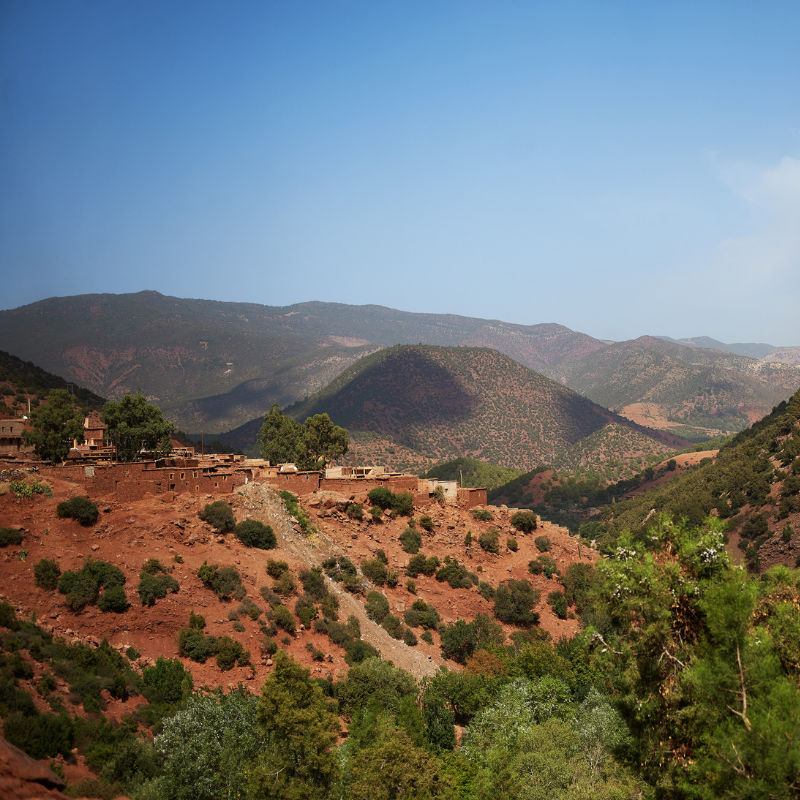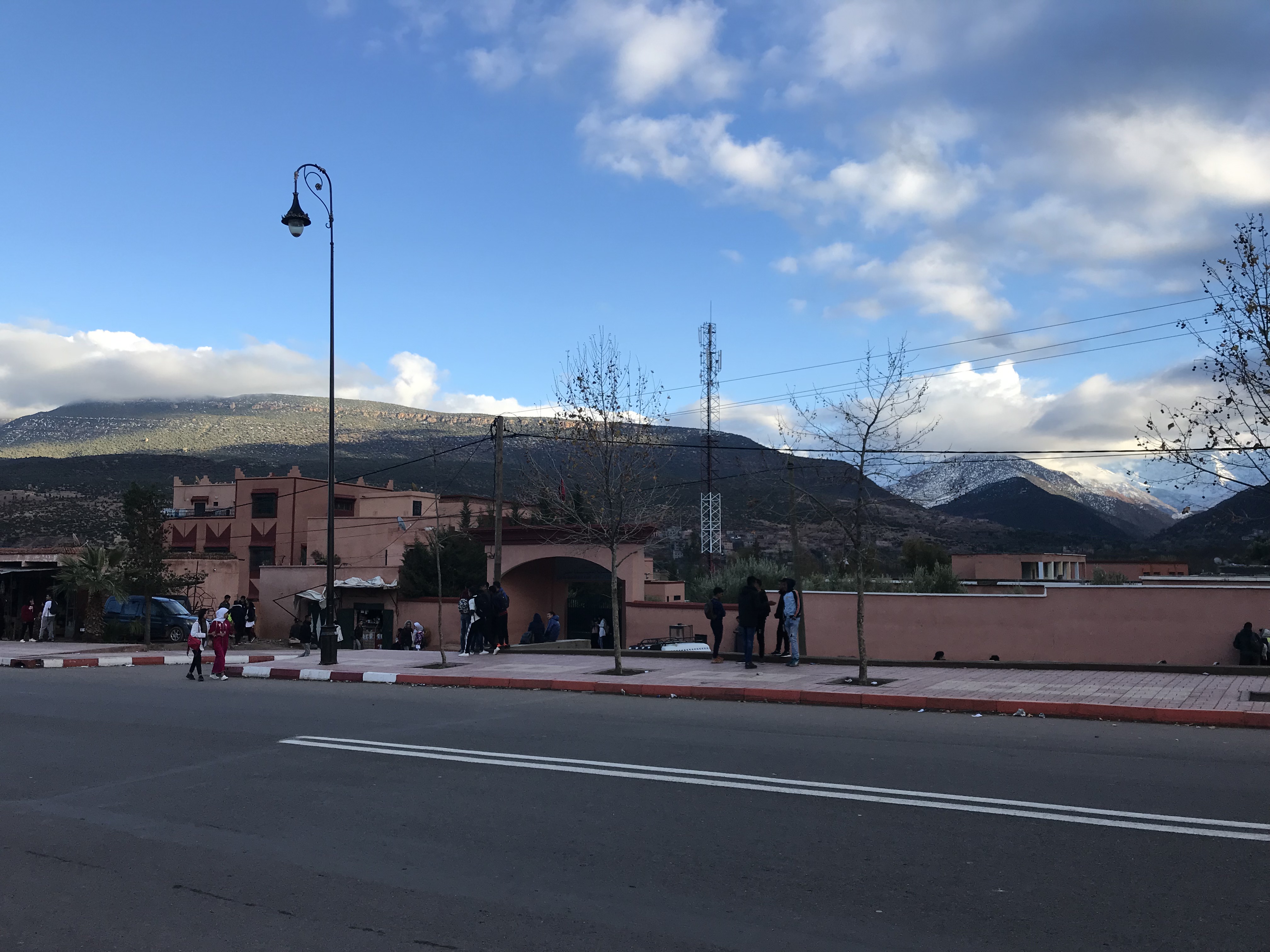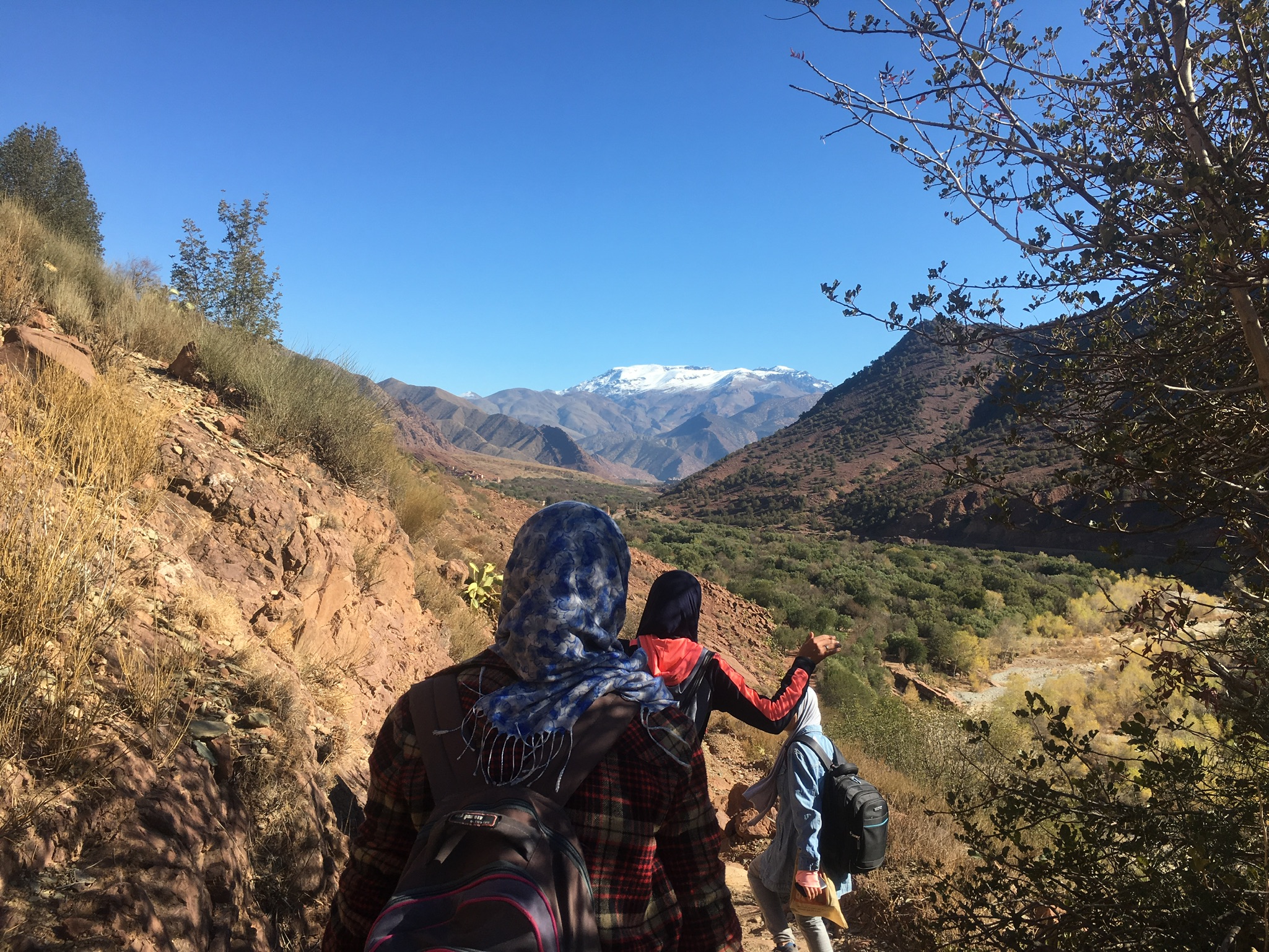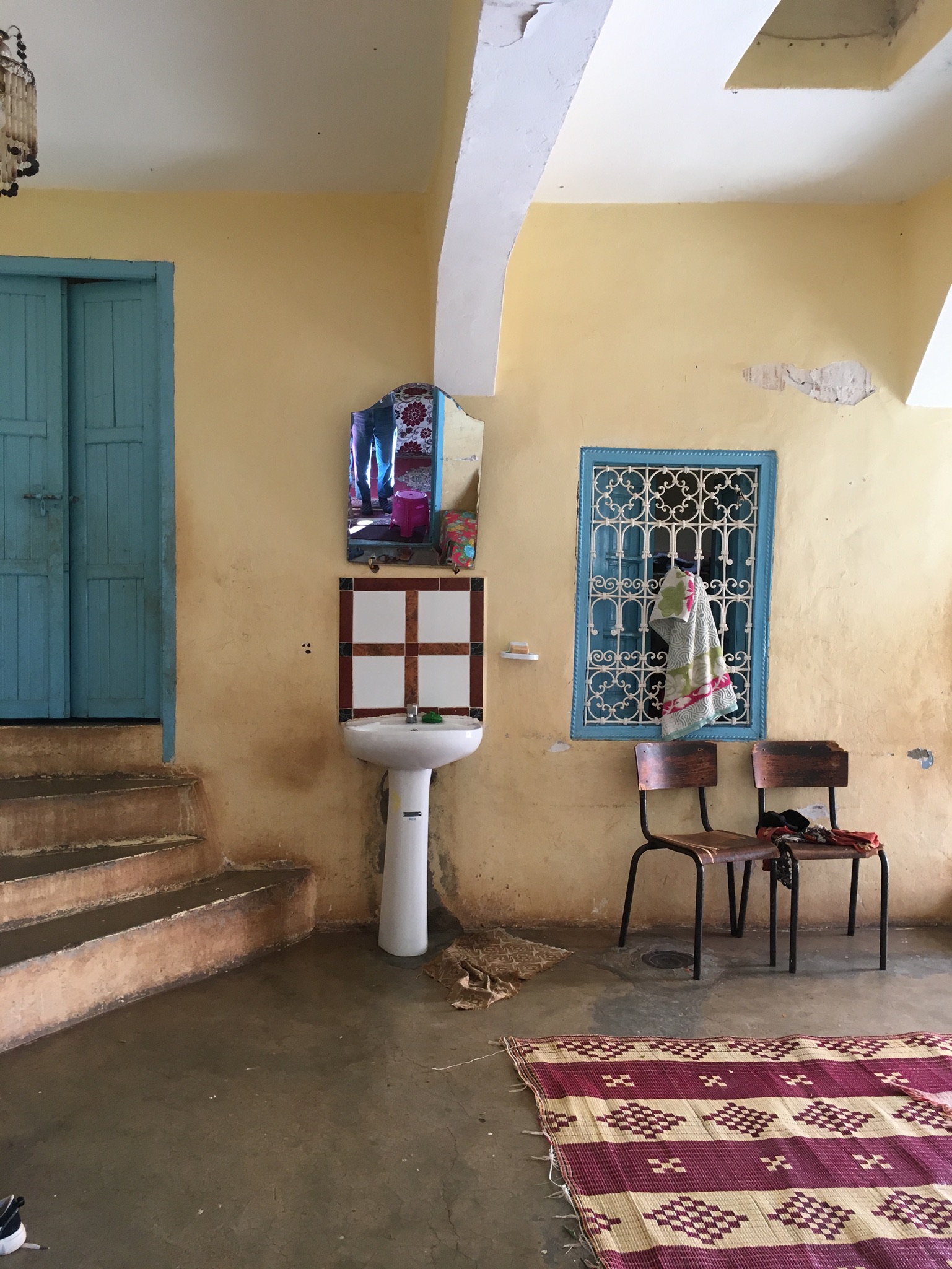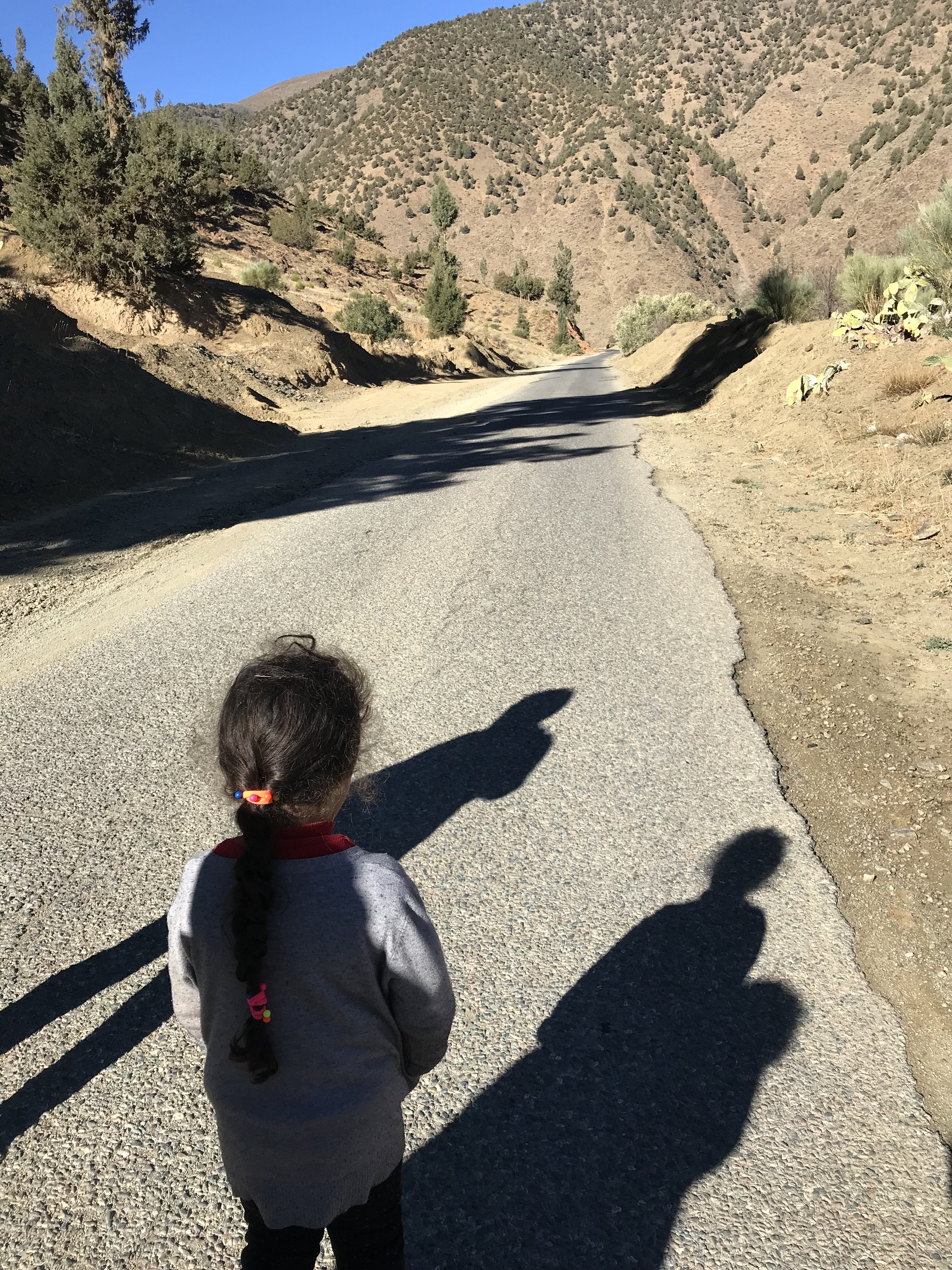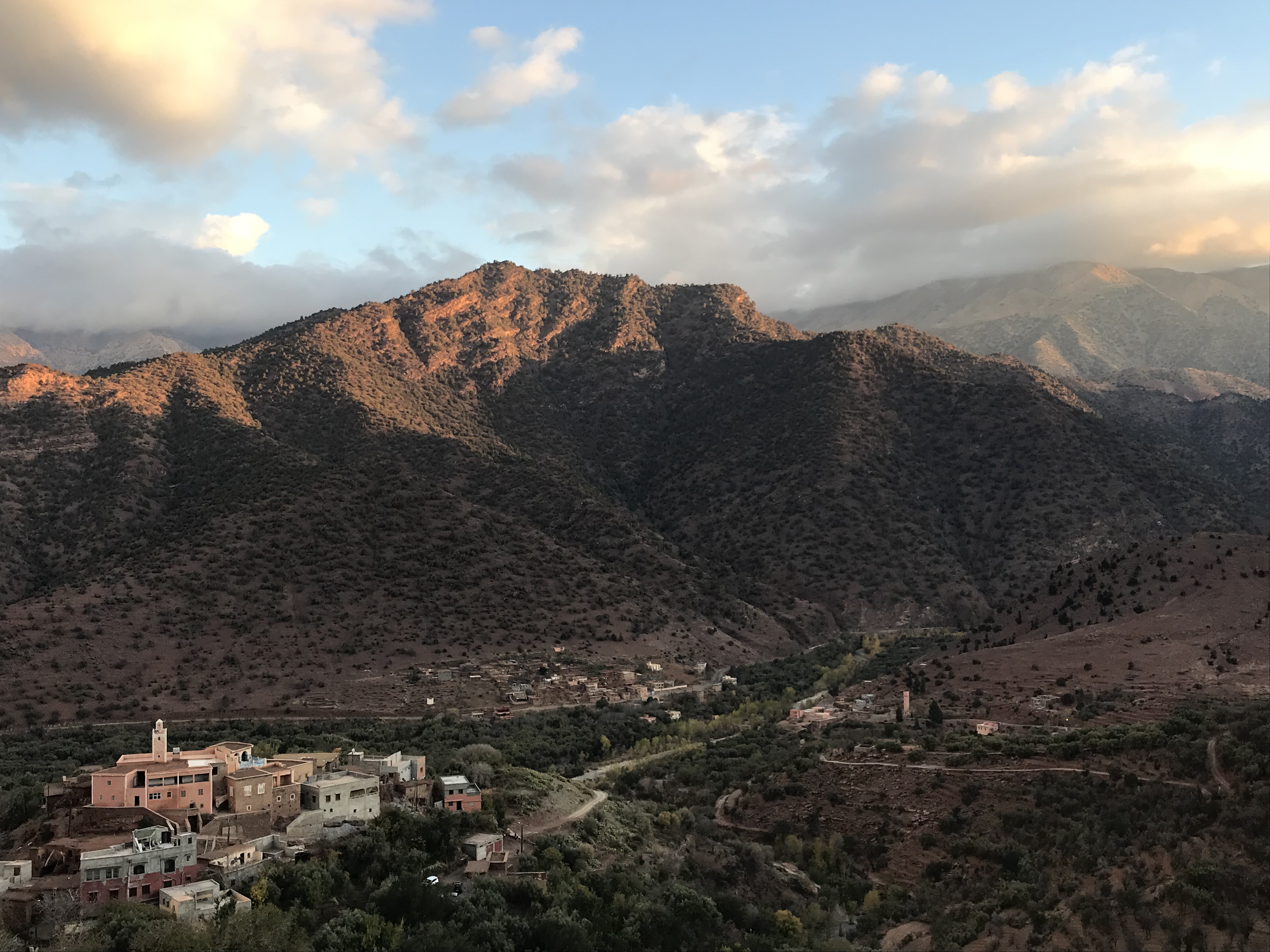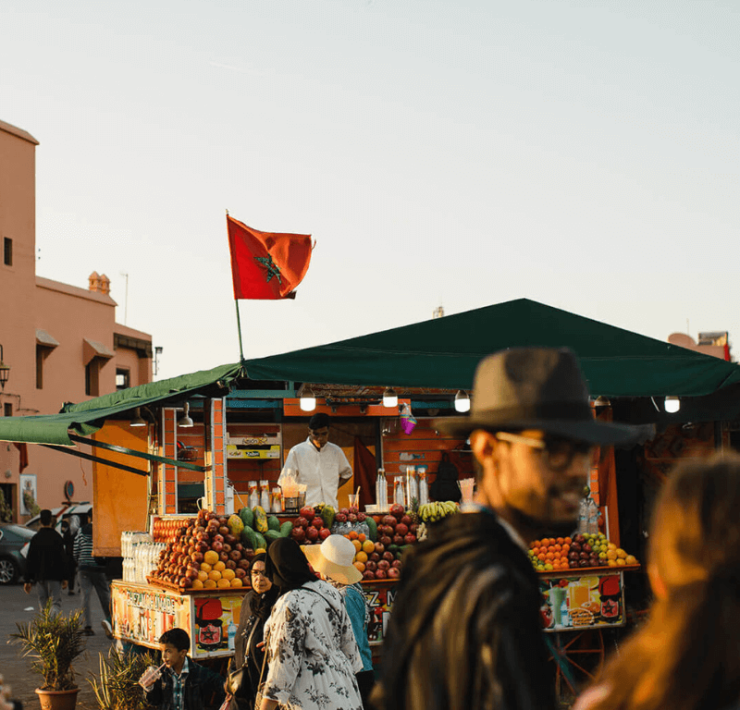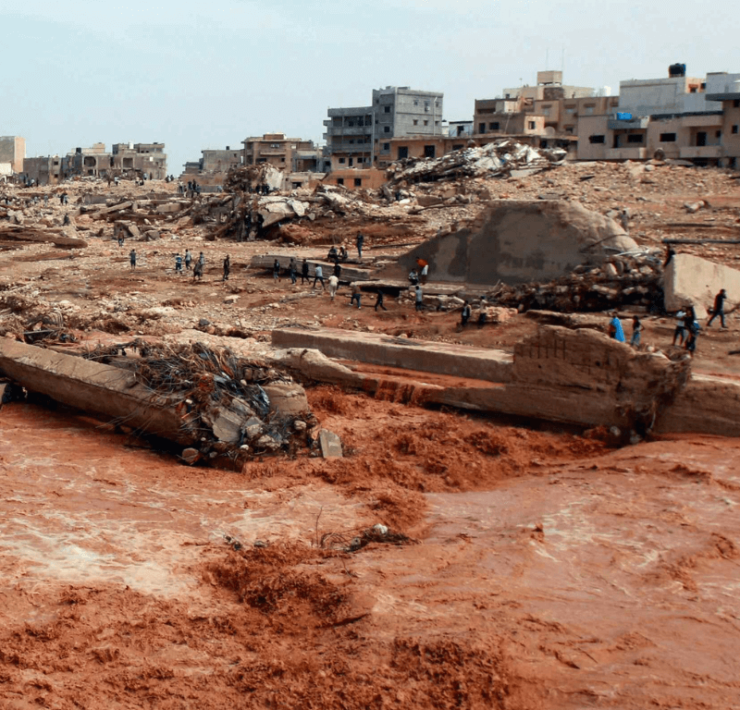With Covid-19 causing chaos throughout the world, we decided to conduct a series of interviews with people across the Middle East and North Africa to try to understand how the effects are being felt across the region.
We’ve spoken to people across various countries and industries from journalism, education and tourism to digital marketing, social entrepreneurship, wellness and arts. Here are their reflections on this ground-breaking time for the region and the world.
The following article follows a slightly different format to the rest of the series, taking a deep dive into the issues facing schoolgirls and their families and communities in Morocco’s Atlas Mountains, and how the pandemic is shaping their lives.
The High Atlas Mountains, Morocco
Hassna and Fatma Zehra’s story – by Ella Williams
The COVID-19 outbreak has profoundly affected the lives of us all. For me, it’s meant that I had to abandon my plans to return to Morocco for the rest of the year, and instead I found a job working in PR from my bedroom in my parents’ house.
After finishing my Master’s degree in September 2019, I left the UK to volunteer for an NGO that runs boarding houses for girls from remote villages in the High Atlas Mountains of Morocco, giving them the chance to continue their secondary education. The houses are built close to the only high school in the region and offer food, board and internet connection, all for free. They are part of a larger network of boarding houses for rural students, called dar taliba, which are found throughout Morocco.
 The region’s only high school
The region’s only high school
Very few girls from rural communities in Morocco get the opportunity to continue their education beyond primary school. Some of the girls live up to 70km from school, and with few families owning transportation, a daily commute up and down a rocky mountain path which traverses rivers and ravines is simply impossible. I know this because I would often travel with the girls to visit their families on the weekends. At 5am on Monday morning, we would make the journey back to the boarding house, walking kilometres in the pitch black down a precarious mountain track, and then hitching rides with men heading to the nearest town for work on various lorries and trucks. As a result, in rural areas such as the Atlas Mountains, up to 83% of women are illiterate.
I keep in touch with the girls who became my English students, friends, and support network for the three months during which they shared their daily lives with me. We talk about our days in lockdown, and recently, I found myself expressing to my friend Leila the frustration I felt working in a temporary job I had no passion for. One of my friends, Leila, said to me:
“Ella, close your mouth and work! People here want just a small job to save money, but they never found it. You have a big chance. So thank God and be patient in your job at home.”
In this moment, I felt a great sense of shame. It’s easy for us to complain about life in lockdown here in the UK. I haven’t seen my boyfriend, who lives over 200 miles away in Glasgow, for 9 weeks. My plans to start a PhD in September are looking dubious, and I’m working in a job that I’m not in love with. But at the end of the day, I’ve never had to worry about having enough food to eat, being able to access medical care, or having to abandon my studies and get married at the age of 16.
Here, I share with you some of the stories of life in the remote Atlas Mountains of Morocco during lockdown, told in the words of two teenage Moroccan girls, Hassna and Fatima Zahra. Both of them are the only girls in their family to continue their studies. Many of their sisters are married with children of their own. The girls’ mothers stay at home, like the majority of women in this mountainous region. In fact, many of their mothers are monolingual Amazigh speakers and attended only a couple of years of their village primary school. I distinctly remember visiting the house of one girl, where she showed me how she had been teaching her mother to count to 10.
“The virus has terrorized Moroccans, especially the poor”
 On route to school. Some girls live as far as 70 km away.
On route to school. Some girls live as far as 70 km away.
But whilst we stockpiled food, Moroccans helped their neighbours
Many of the families in the High Atlas live hand-to-mouth. Work is hard to come by, and most rely on casual agricultural labour or selling their produce in the weekly souq. The lockdown has come at a particularly difficult time for Moroccans, as it has coincided with the holy month of Ramadan, a time when families and neighbours often get together to break the fast.
Many family breadwinners are without work, and hence without money to buy basic food and necessities. Whilst in the weeks approaching the lockdown, here in the UK we stockpiled food, preventing others from getting what they needed, the families of the High Atlas have approached the challenges associated with lockdown in a different way.
Hassna: “Getting hold of food and essential supplies is very difficult during the lockdown. Usually, people from here get a ride in trucks with a lot of people, but since the trucks are very crowded, this is now forbidden. In some villages, not a single person has a car to take them to the town to buy supplies.”
Fatima Zahra: “Whilst we are all locked in our homes, it is the poor who are suffering the most. Without work, people have nothing to eat, or even anything to break the fast with, and they are suffering greatly.
Officials said that they would help those who cannot work by giving them a monthly sum of money, but I haven’t seen any of that help here. They only help the rich and have forgotten about the poor like us. My father works as a minibus driver and takes care of goats, but now he can no longer work, so he only takes care of our animals.
However, we all try to help our neighbours. Nobody has a lot, but everyone should have enough to feed himself and his children.”
“Sometimes I say that I must drop out of school”
 A typical village house.
A typical village house.
The realities of studying from home when you live in a remote mountain village
Like in the UK, Morocco made the decision to shut all of its schools as a result of the COVID-19 outbreak. Whilst for students living in big cities like Rabat or Casablanca, this means returning home to complete lessons remotely online, the closure of schools means that the girls living in dar taliba have had to return to their villages, where they don’t have an internet connection, let alone a computer.
Obtaining a place to live in dar taliba is often a lifeline for these girls, who without this opportunity, may find themselves married from as young as 15. This was a harsh reality which I had to face up to when meeting the friends and cousins of the girls in their villages. Some of these girls, often younger than me, hadn’t had the opportunity to study and were already married with children of their own.
Material poverty is of course the most urgent issue during the lockdown for many families living in the High Atlas. However, the effects of educational poverty are also being felt, as the lack of internet connection, technology and even basic resources like the national school textbooks only widens the gulf between these girls and their urban colleagues.
 The main road through the mountains.
The main road through the mountains.
Hassna: “With the virus, school life has changed a lot. Sometimes when we are in front of the teacher, we don’t understand the lessons. Now we are in front of a phone, it’s hard to communicate the ideas we want because, frankly, there is a big difference between the real world and the virtual world.
Right now, I am not able to keep up with my studies. I dream of going to university but I fear that I might not be able to continue studying after the virus. My entire school life, I have lived in a dar taliba full of girls, and we all help and support each other. Now, I am far from them and from their help.
At home, housework often has to come before my studies, especially during Ramadan. There’s also the problem of the Internet, which is often not available and must be constantly topped up. My family don’t have enough money to keep doing that.”
Fatima Zahra: “Studying at home with the virus is impossible. I’ve hardly managed to study at home and have lost interest in studying due to the lack of a good internet connection. Sometimes I say that I must drop out of school.”
 A typical Amazigh village.
A typical Amazigh village.
“What are you doing?”
“I’m just sitting.”
When I ask the girls what they’re doing, their response is often “iska gawrkh,” “I’m just sitting.” Frequently the first in their village to go to school, these girls have been breaking down centuries of gender barriers and pioneering the way for others in their region. Now, they sit at home in their one or two room houses, helping with housework and hoping for an internet top-up. Some also have the prospect of marriage looming over them if their studies don’t soon resume.
Whilst it’s all too easy for us to complain about feeling bored during lockdown, or, in my case, about a job we don’t love, we can take something from these girls who remain positive despite the most difficult of circumstances.
Fatima Zahra told me:
“One day, I want to be able to depend on myself. My dream is to start an association to help other women in my village. I know if I work hard enough, I can succeed.”
ARE YOU BASED IN THE REGION?
How has your life changed as a result of the lockdown? We’d love to hear your reflections on the situation where you are. Leave a comment and share your experience of this strange time that’s simultaneously keeping us apart and bringing us closer together.

